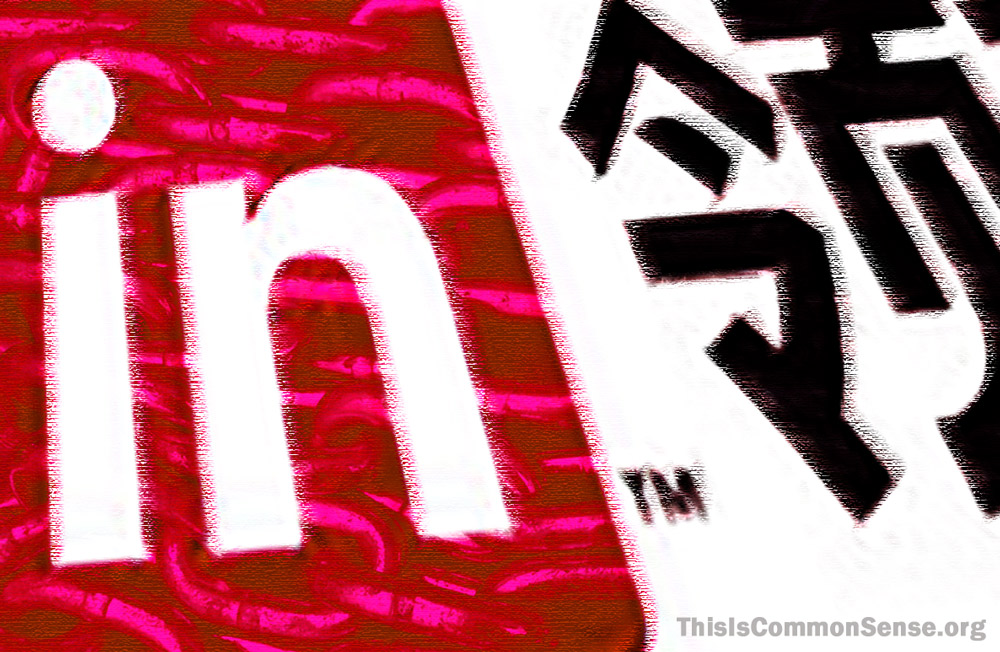Is it good news?
LinkedIn recently announced that it’s ending the current form of its service in China, citing the “challenging” environment.
“While we’ve found success in helping Chinese members find jobs . . . we have not found [the same] success in the more social aspects of sharing and staying informed. We’re also facing a significantly more challenging operating environment . . .”
Part of the problem has been China’s unremitting censorship. Which was not openly discussed in the LinkedIn post, of course.
Another part has been the Microsoft-owned firm’s willingness, as the price of doing business in China, to do the Chinazi government’s bidding in censoring dictatorship-disfavored posts. Also not openly discussed.
So now LinkedIn will replace the full LinkedIn experience with an app for China-based users that is a “standalone jobs application.”
Whether this means that LinkedIn will no longer censor Chinese LinkedIn users remains to be seen. For example, China is likely to demand censorship of a user if it sees a disapproved organization mentioned in a job posting.
At that point, will LinkedIn leave China entirely?
Given the Chinese government’s history, why wait?
Meanwhile, Microsoft’s Bing search engine continues to operate in China and to censor results at the behest of the Chinese government.
That public opinion has swayed Microsoft and LinkedIn to the extent that they will no longer abet China’s censorship of social media is good. But still doing business with CCP-controlled China is fraught with danger. Why? Because China is fraught with tyranny.
This is Common Sense. I’m Paul Jacob.
PDF for printing
—
See all recent commentary
(simplified and organized)

